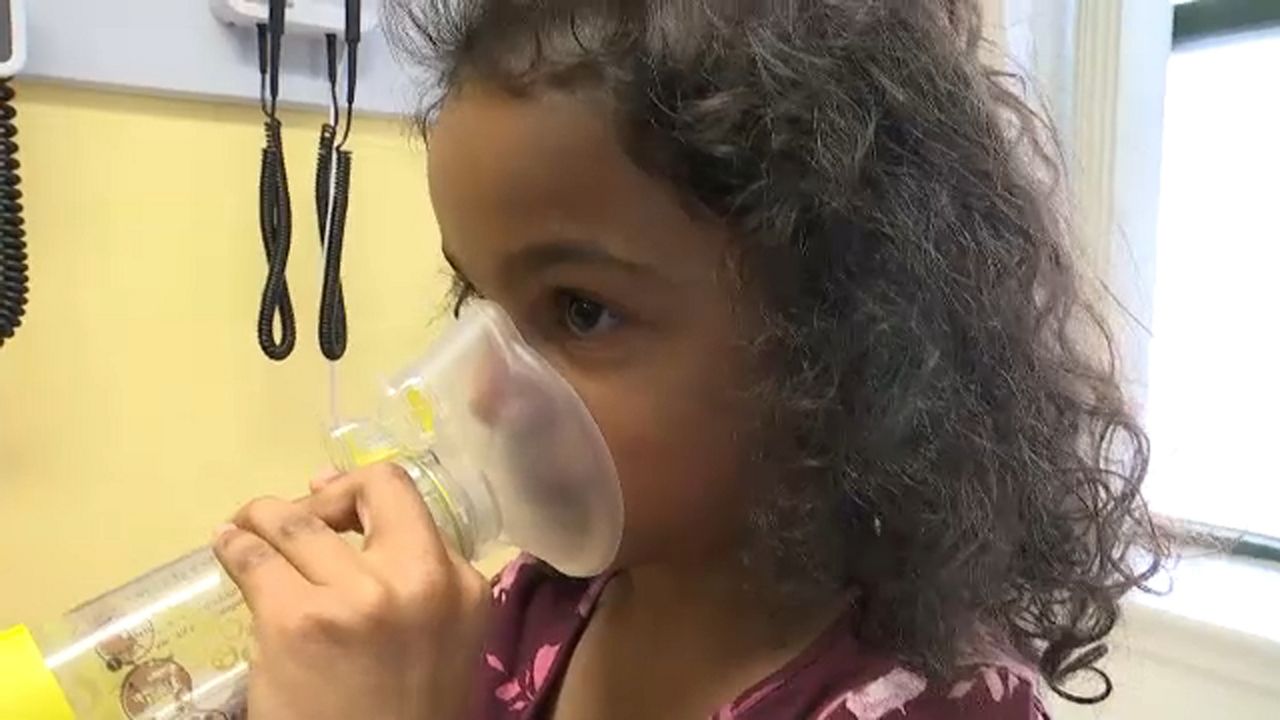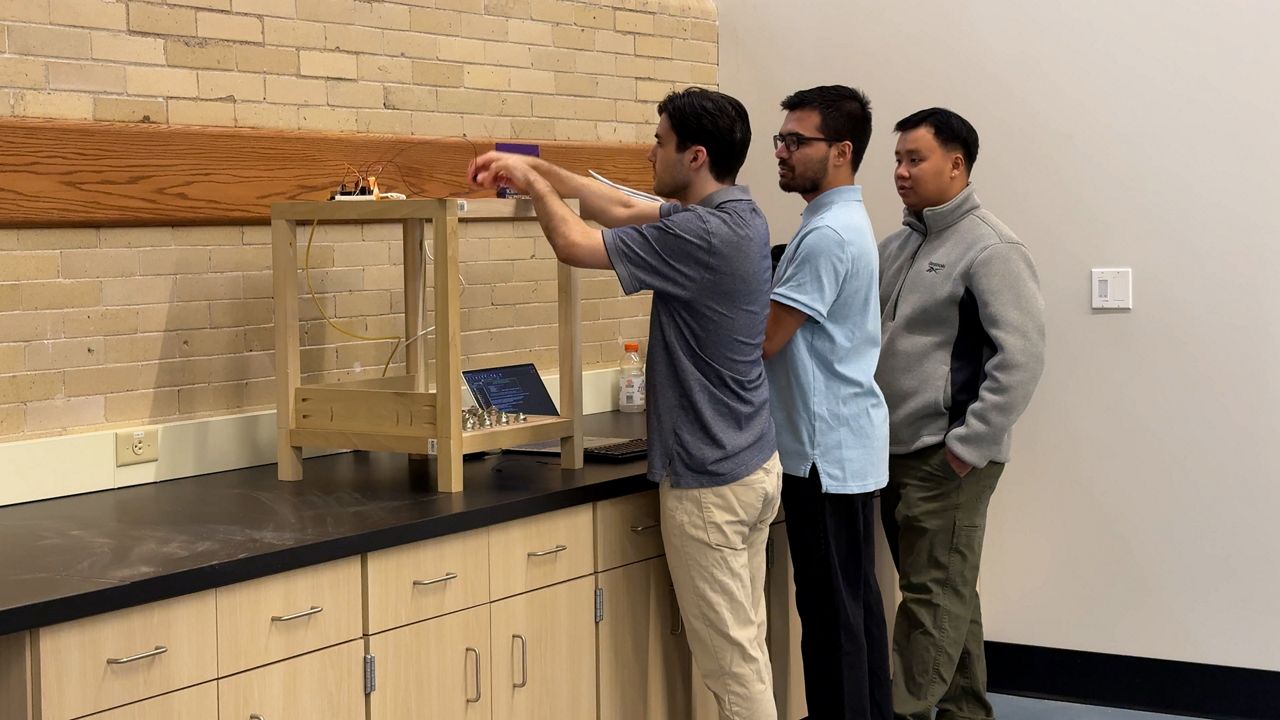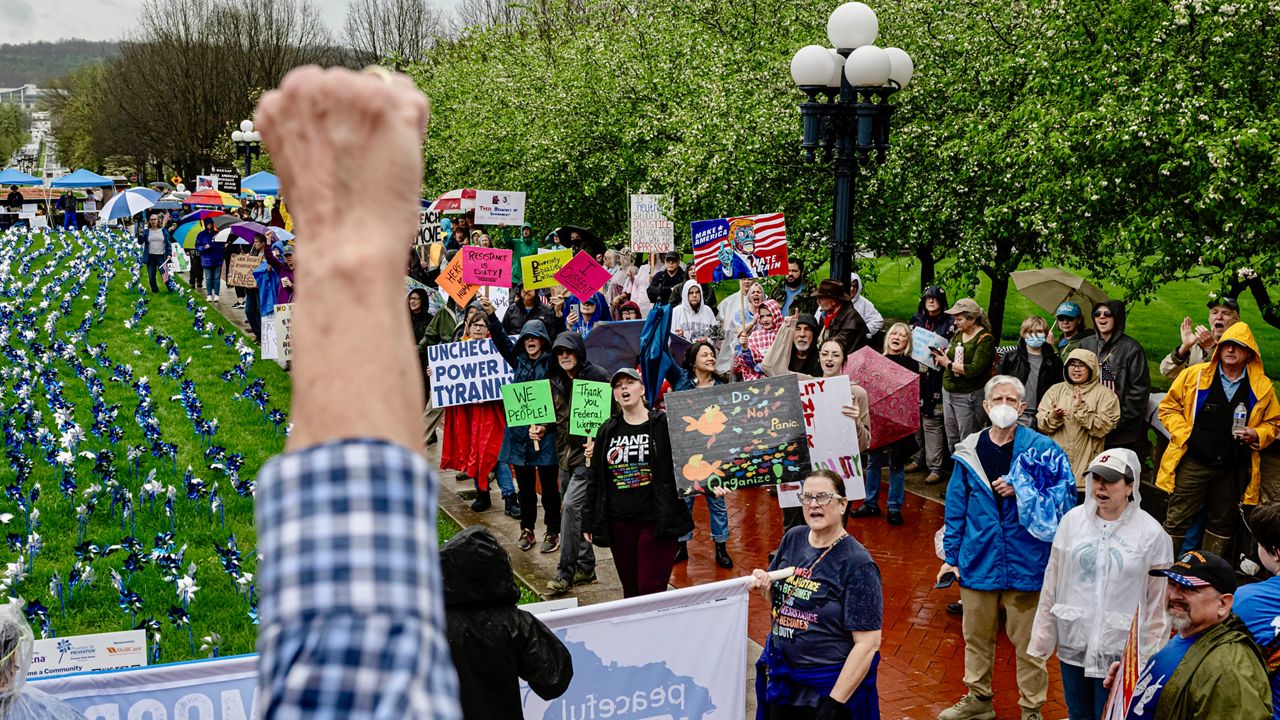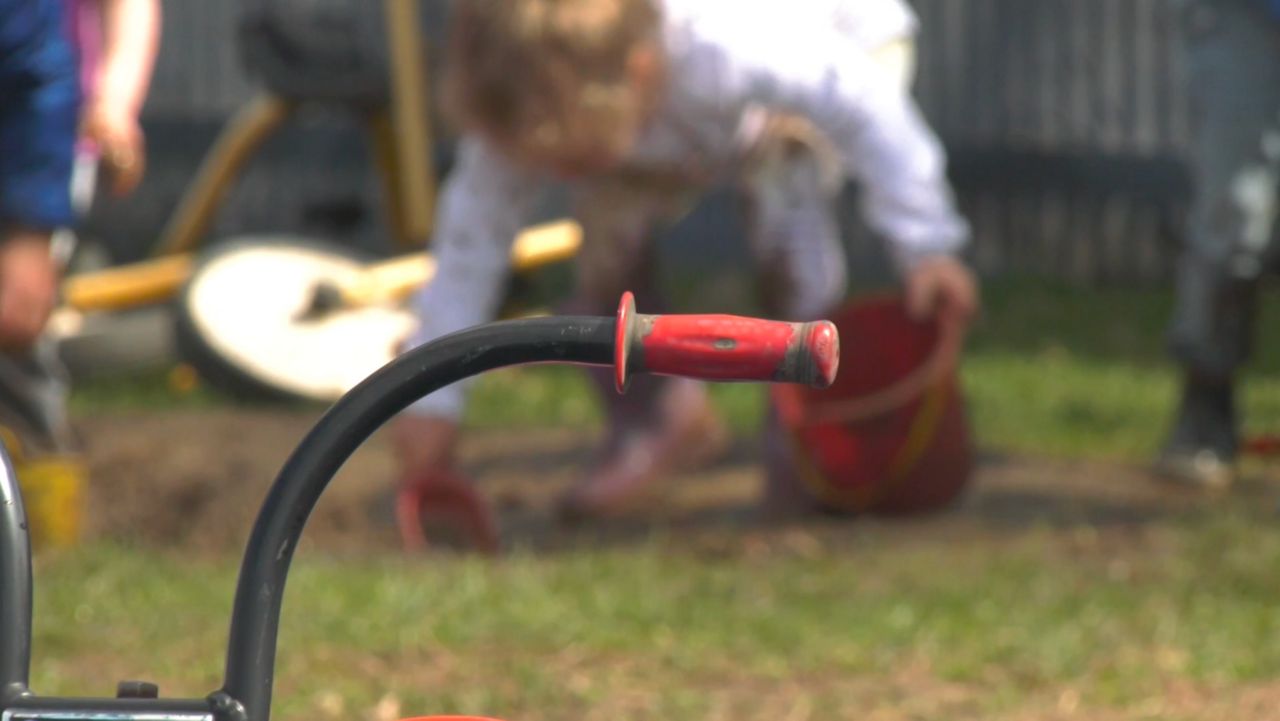A heads up for asthma and allergy sufferers: You might be feeling a little worse than usual the next couple of weeks. Last week was asthma "peak week."
While that's a fairly new term among the medical community, experts say they've noticed a pattern for decades where the third week of September and the weeks that follow can be extremely dangerous for asthmatics and allergy sufferers because of high amounts of ragweed, pollen, and molds, especially across upstate New York.
"Respiratory therapists, we've all known that at a certain point during the season, everything kind of converges," said Brandi Ewing, director of respiratory services at St. Peter's Health Partners.
Ewing says between the weather changing, fall activities and even the kids headed back to school passing germs, it can be a dangerous combination for asthma and allergy sufferers.
"And you end up seeing patients who have increased asthma attacks, increased ER visits, missed days of school, and unfortunately increased hospitalizations," Ewing said.
The Allergy and Asthma Foundation of America says 10 Americans die each day from asthma, and adults are at an even higher risk than children. That's why Ewing says it's important make sure you have an asthma action plan.
Even if you've had asthma your whole life, your doctor may be able to adjust your treatment to prevent risk.
"It's important that, even if your asthma is well-controlled, that you make sure you have that treatment plan all the time because it can pop up at the least opportune time," Ewing said.
And the least opportune time, Ewing says even if you're an adult, you can still get asthma at any point during your lifetime.
"It's true," Ewing said. "Typically what happens is that start having symptoms. If you're having symptoms: coughing, wheezing, shortness of breath, you really need to go see your doctor for them to be able to assess properly what is going on."
From there, you may need to answer questions about your symptoms and take a very simple test to determine if your breathing is affected.
"What they do is they have you breathe into tube hard and fast, blow it out as fast as you can," Ewing said. "There's no treadmill or crazy exercise involved, because that too can be a trigger. Then, we give you a medication and measure it again to see if that medication works and that would tell us, definitively, is it really asthma."
Another big factor in all of this: germs. There are already a bunch of viral illnesses going around, so Ewing said you'll want to be extra vigilant if you have school-aged kids at home.
- Wash your hands regularly, and if you go outside for fall activities, try to take a shower when you get home.
- If you're doing something like raking leaves, you'll want to wear a mask.
- If you're out for a hike or a run, check your inhaler before you leave; make sure it's not expired, and has enough medicine left in it.
While the third week in September tends to be the worst, Ewing says 'peak week' really isn't over until the leaves are totally off the trees and it's consistently cold enough outside to frost.








